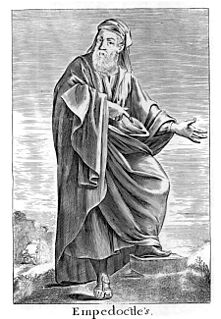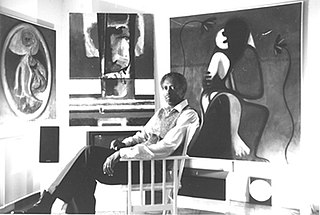A Quote by Maggie Stiefvater
I focus on the elements of a movie that are meant to invisibly affect me as a viewer. The edges. As an author, I'm aware of how the subconscious things can pluck at a reader's emotions, and I love it when filmmakers do the same.
Related Quotes
I came from advertising. For me it's about protecting the director's vision. That's always the goal. There's keeping things on budget and on time and dealing with selling the movie so that to me is a focus. But also it's about serving the script. We are genre filmmakers, those are the films we love to make, so my perspective is a little different.
But to demand that a work be “relatable” expresses a different expectation: that the work itself be somehow accommodating to, or reflective of, the experience of the reader or viewer. The reader or viewer remains passive in the face of the book or movie or play: she expects the work to be done for her. If the concept of identification suggested that an individual experiences a work as a mirror in which he might recognize himself, the notion of relatability implies that the work in question serves like a selfie: a flattering confirmation of an individual's solipsism.
My readers have to work with me to create the experience. They have to bring their imaginations to the story. No one sees a book in the same way, no one sees the characters the same way. As a reader you imagine them in your own mind. So, together, as author and reader, we have both created the story.
The force that unites the elements to become all things is Love, also called Aphrodite; Love brings together dissimilar elements into a unity, to become a composite thing. Love is the same force that human beings find at work in themselves whenever they feel joy, love and peace. Strife, on the other hand, is the force responsible for the dissolution of the one back into its many, the four elements of which it was composed.
A lot of the pieces I've done over the years have involved alterations of scale and the idea of the viewer's relationship to the object and how we see things by either enlarging or reducing objects, it causes the viewer to look at them again. It's hard to do because our culture is so bombarded by images and media. How do you make something fresh for a viewer? That's a real challenge.
When you write a book, you want to have fidelity to the character. Characters and their emotions guide the structure of the novel. The author is aware that there's a certain amount of information she/he has to provide in order to satisfy the reader, knowing that she/he has set something up that must be paid off, but this payment must be made while maintaining fidelity to the characters.
LOVE'S SECRET Never seek to tell thy love, Love that never told can be; For the gentle wind doth move Silently, invisibly. I told my love, I told my love, I told her all my heart, Trembling, cold, in ghastly fears. Ah! she did depart! Soon after she was gone from me, A traveller came by, Silently, invisibly: He took her with a sigh.

































